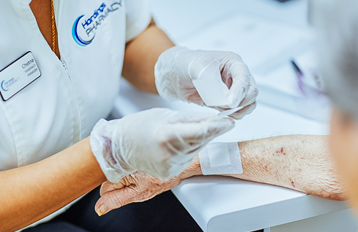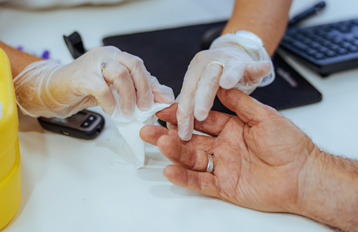Everyone experiences low days, but depression is a serious mental health condition affecting one in five women and one in eight men at some stage of their lives. Recognizing and understanding the signs of depression can be key to seeking help early.
What is depression?
Depression is more than feeling sad or having a low mood; it is a medical condition affecting both mental and physical health. According to Beyond Blue , a person may be experiencing depression if they feel down, sad or lose interest in things they enjoy for more than 2 weeks. Depression symptoms often include fatigue, difficulty concentrating, withdrawal from friends and family, changes in sleep patterns and a lack of pleasure in daily life.
Common causes of depression
The exact causes of depression are not fully understood. However, research shows it can arise from recent life events and long-term factors. While no single event causes depression, certain life situations may contribute to its onset:
Additionally, recent events like job loss or trauma may trigger depression in individuals already at risk. However, it’s essential to know that many people experience depression without any clear cause.
Risk factors for depression
While anyone can experience depression, some people are at higher risk due to genetic factors or personality traits. Depression can run in families, suggesting a genetic predisposition. However, having a family member with depression doesn’t guarantee that you will also experience it.
Personality traits, such as low self-esteem, perfectionism and sensitivity to criticism, can also increase the likelihood of developing depression. Additionally, managing a chronic illness or dealing with prolonged pain can increase the risk of depression. Substance use is another risk factor, as depression and alcohol or drug misuse often occur together, affecting over half a million Australians.

When to seek help for depression
If you believe you or a loved one might be experiencing symptoms of depression, it’s essential to seek support from a health professional. Many community pharmacists have additional training in mental health, making them an accessible first point of contact. They can provide initial advice, answer questions about depression and refer you to other professionals when necessary.
How to manage depression: treatment options
There is no one-size-fits-all treatment for depression, and each person’s journey to recovery is unique. However, effective treatments are available, including medication, therapy and lifestyle changes. Your community pharmacist and other health professionals can help guide you on the road to recovery, offering support along the way.
Take the first step today
If you have questions or concerns about depression, reach out to a community pharmacist or mental health professional. Early support can make a significant difference.











